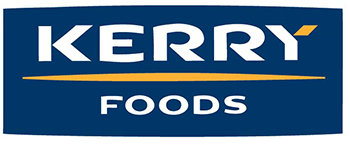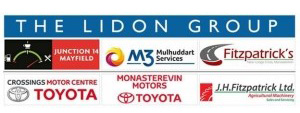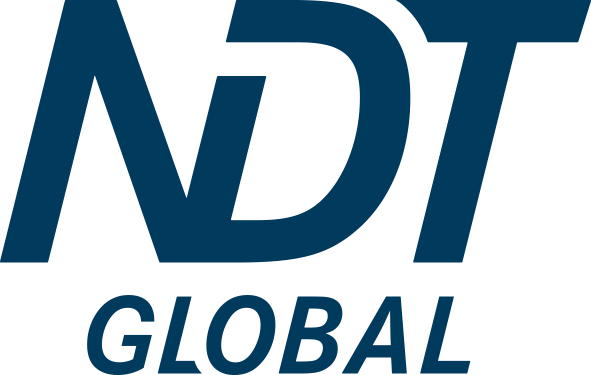
This is a great Article written by Aaron Levy of Forbes:
The myth that the millennial population is “lazy, entitled and wants everything right now” is false.
On the surface, you can find merit in these claims. Millennials tend to jump from job to job, lasting in each job an average of 1.3 years, with only 27% expecting to stay at their current company over the next five years. They are the generation always asking for a new title, promotion, and responsibility. Millennials want to be in your position now.
Myth: Millennials are lazy, have poor work ethic and expect to be handed promotions just for showing up.
Millennials are not lazy – they are more likely bored and not being challenged. Millennials are the least engaged population in the workplace, with only 29% of millennials engaged in their jobs today. Products of being raised with technology, millennials are often able to come up with ways to automate their work, create efficiencies in corporate processes and work smarter, completing more work in less time.
Millennials are not challenged, and in turn, they become complacent. According to a recent Gallup poll, 87% of millennials want professional development opportunities while only one-third feel their organization is making the most of their skills and experience. In the past, the incentive to stay at your company was knowing they would take care of you. If you stayed and did well, you’d be promoted and receive a good pension. That’s no longer a reality. There is no company loyalty to employees and pensions are an arcane pastime. Given the landscape, millennials have no traditional incentive to stay in their organization, outside of developing themselves and doing meaningful work. If they feel like they are not being challenged, or the company is so stuck in their old ways, they have every reason to seek an opportunity to grow themselves elsewhere.
Here’s the new perspective: Millennials are empowered to take their growth and careers into their hands and not wait for a company to do it for them.
For forward-thinking companies, the desire for growth can be an incredible opportunity to challenge your young employees with bigger projects, to do more with less and to capture their energy and excitement.
Myth: Millennials need to be coddled and don’t have the same “all-in” mentality that my generation had.
One business leader I spoke with last week gave me an impassioned speech about his upbringing and the stark differences between him and his millennials. “I didn’t have anything growing up,” he said. “I came from nothing and I didn’t need a purpose for my company. I came with my own purpose, to be successful.”
Being raised in the Facebook era, millennials are not only connected to people in their physical proximity– they have social networks that span the entire globe. They have a greater connection to the global community and feel a greater sense of social responsibility. They see a world that can be better because of their work — a global community which is nurtured through the building of bridges, not walls. Nearly two out of three millennials state their organization’s purpose is a reason why they choose to work there while 83% would be more loyal to a company that helps them contribute to social and environmental issues.
Millennials see their work as an extension of who they are. They want to work at a place that is making a positive impact in their community. Their drive is to improve social equity, not shareholder equity.
So here’s the new perspective: Millennials are unafraid to challenge the status quo of the world of work. They are pushing companies to think differently about how and why they operate.
Companies that provide a powerful mission and vision for why they do what they do are far more likely to attract, retain and get the most out of their young talent. Millennials want to do work that is meaningful, that makes an impact and is purpose-driven. They want to know, and expect to get answers.
Why can’t my work be rewarding and fulfilling? How can my work make the world a better place?
Millennials expect more from their work; they want it to be purpose driven. To me, that’s an admirable and empowered vision of the world. One where we are forced to think about work in a different light.














